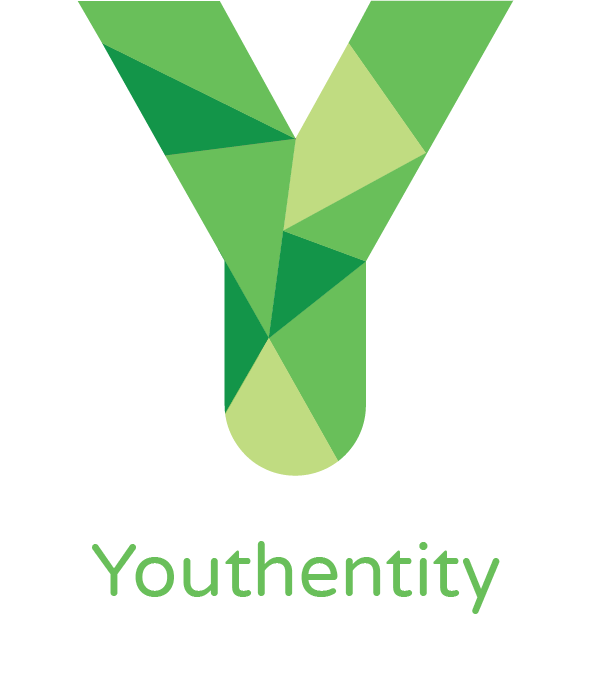End of Year Financial Tips!
As we enter a new year and new decade, now is the time to reset and revive our commitment to financial wellbeing. Our Financial Literacy Program Director Stephanie Stahle has a few tips and tricks to get us back on the saving wagon in 2020!
Evaluate the past year.
Ready or not, 2019 is almost over. Take a few minutes to sit down and reflect on your 2019 finances. Celebrate any accomplishments. Did you finish paying off a loan or start using a budget? Analyze any shortfalls, but don't beat yourself up. If you didn't meet a financial goal, give yourself credit for the progress you made and think about what you can do differently. It's also good to total how much money you spent over the entire year to see if there's an opportunity to reduce any expenses.
2. Set goals for 2020
New year, new you! You reflected on 2019 and now have a clean slate. You can reset any goals you have or make new ones. If you dipped into your emergency fund in 2019, you can make a plan to replenish it. Maybe you got a raise and can pay down debt or start saving for new skis. Whatever you have in mind, having your plan in place before New Year's will increase your chances of following through.
3. Check your subscriptions
Review your paid subscriptions to see if there were any you didn't use or maximize this year. If you have multiple streaming services and use one more than the others, you may want to drop some or look into bundling a few streaming services for a lower fee. If you have any free trial subscriptions you don't want to pay for, make sure to cancel them. You might also be able to get a discount by paying subscriptions on an annual or quarterly basis instead of monthly.
4. Open a holiday savings account.
If you're feeling the stress of paying for holiday gifts right now, contact your bank or credit union to open a holiday savings account. These accounts will automatically transfer funds from another account, like a checking account, on a regular basis. Then, around November or December, the funds get transferred back to a checking account for spending on gifts and other holiday expenses. By saving just $25 a month, you can have $300 saved for gifts when the holidays roll around. For mindless saving, set up the transfer to come from the same account as your direct deposit.
5. Start thinking about taxes.
Sorry, but tax season follows the holiday season. If you had any major life or financial changes or in 2019, you may want to reach out to a tax professional now. They may be able to advise you of any last minute actions you can take to reduce your tax bill before the year ends. If you use tax software, you'll want to find out if you need to purchase a different package this year depending on your situation.
6. Start planning any upcoming vacations.
Everyone needs a break, but travel can get pricey. Start planning now to get the best deals on accommodations, activities, flights and more. No matter when or where you like to travel, it will pay off to set up flight alerts or watch for hotel deals early. It's also good to start stashing cash every paycheck so you can actually enjoy your vacation instead of coming back with credit card debt or pinching pennies during your trip. Apps like Hopper will let you mark down dates when you'd like to travel and alert you when it thinks prices are lowest for flights and hotels. Scott's Cheap Flights scouts out super cheap flights abroad and emails free or paid subscribers.
